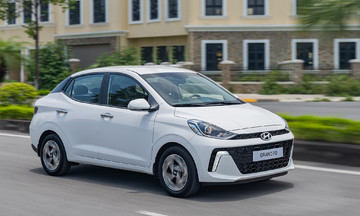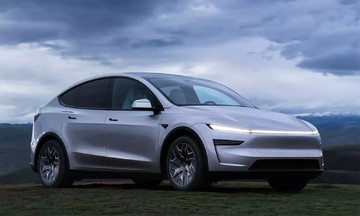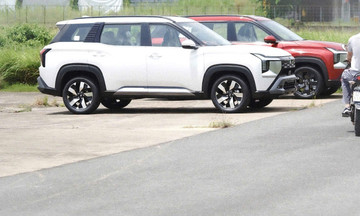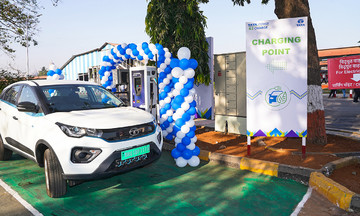In a country notorious for its pothole-ridden roads like India, finding one that has remained pothole-free for over 50 years is a miracle. Jangli Maharaj Road in Pune, Maharashtra, has maintained its smooth surface since its construction in 1976.
The 2.5 km road was built by Recondo, a company run by two brothers from Mumbai. The company provided a written guarantee to the Pune Municipal Corporation (PMC) that the road wouldn't require major repairs for 10 years. In reality, the road needed no repairs during that decade and only underwent minor maintenance in 2010 and an upgrade in 2014.
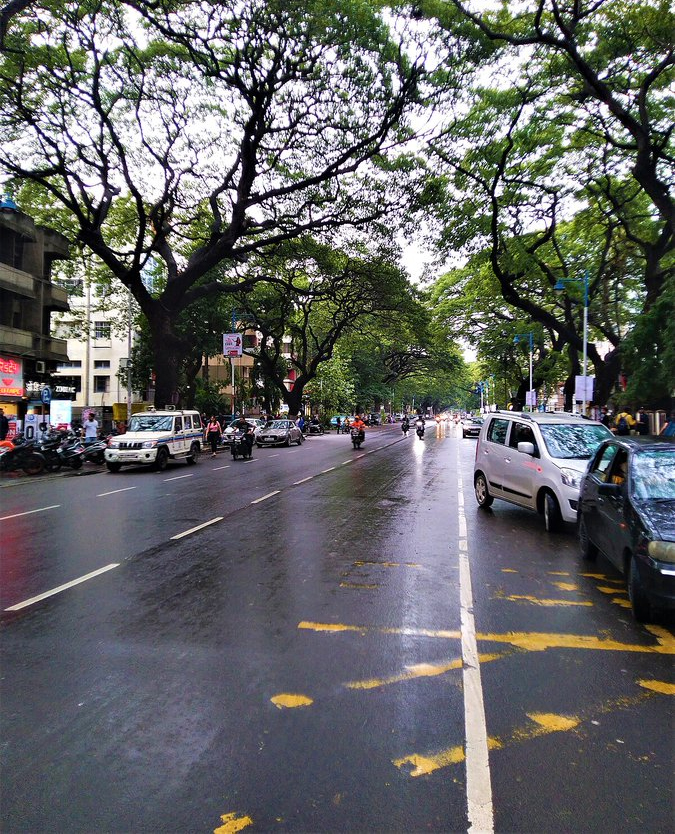 |
Jangli Maharaj Road with its smooth surface, virtually untouched by repairs for the past 50 years. Photo: Indian Century |
Jangli Maharaj Road with its smooth surface, virtually untouched by repairs for the past 50 years. Photo: Indian Century
Amidst countless dust-covered roads, pond-sized puddles, and deep craters frequently showcased on television and social media, Jangli Maharaj Road stands out as a unique urban marvel.
The story began in 1972 when Pune experienced a drought followed by floods the next year, which ravaged the city's main roads. Shrikant Shirole, then Chairman of the PMC Standing Committee, decided to build a durable road.
Recondo was chosen to construct Jangli Maharaj Road using the then-novel "Hot Mix" technology. The road was inaugurated on 1/1/1976. This technology created a smooth and durable surface by heating and mixing aggregates with bitumen, then spreading and compacting the asphalt while still hot.
Jangli Maharaj Road was built with the highest quality materials and rigorous workmanship. To prevent future digging, sufficiently wide utility and rainwater pipes were installed along the edges. This design allows the road to withstand heavy vehicle loads without damage.
In 2014, the road underwent renovations. The Times of India reported that two layers of asphalt were added, along with new road markings, improved intersections, and an upgraded rainwater drainage system.
Today, this legacy stands in stark contrast as many areas in India, including Pune itself, struggle with deteriorating, pothole-filled roads.
My Anh



